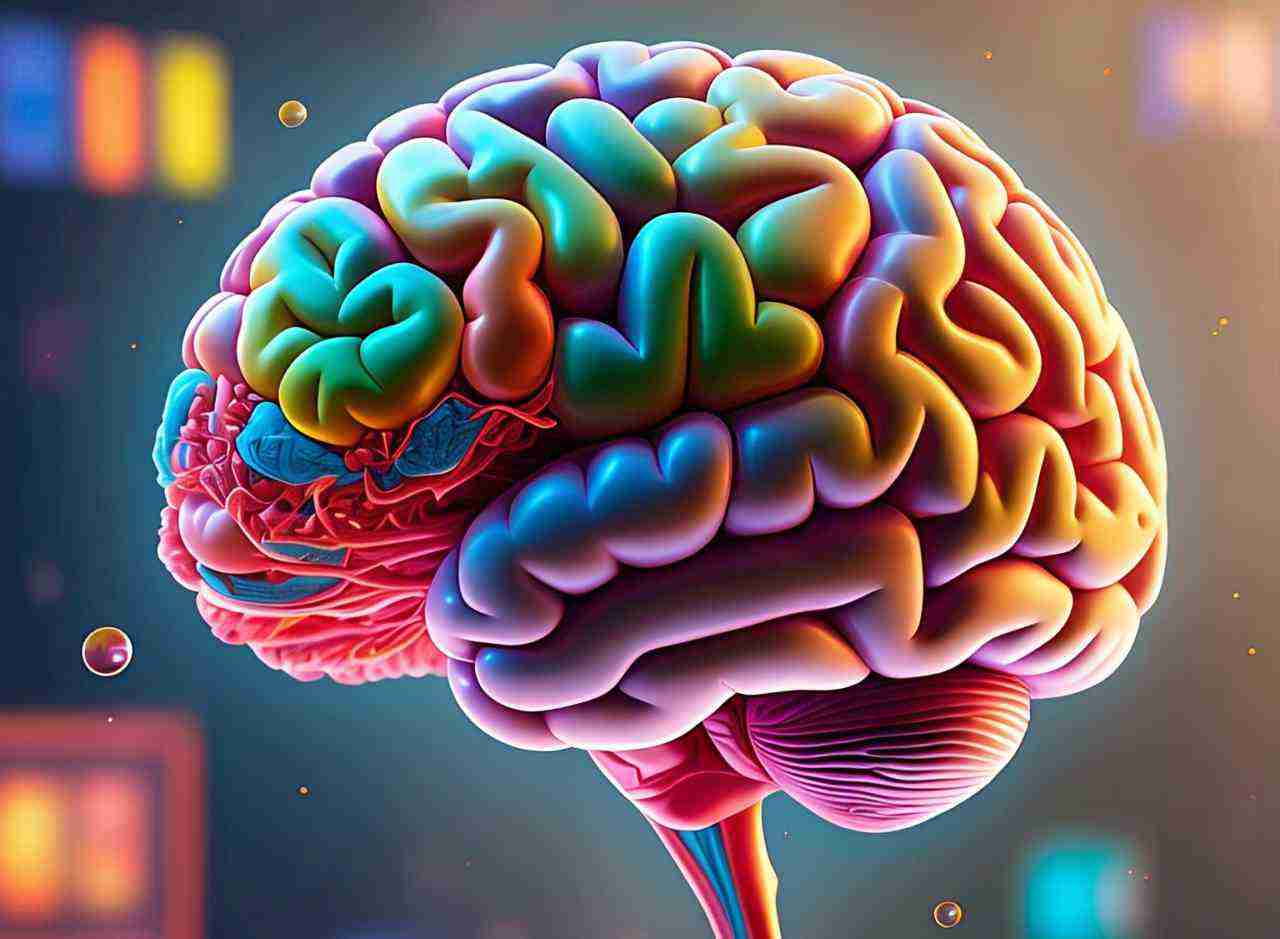You must have heard many questions about animals — how many eyes, how many legs, or how many sensory organs an animal has. But this question might surprise you a little: how many brains does an octopus have?
Generally, we all know that every living being has a brain that controls the whole body and sends and receives signals from different parts of the body through neurons.
If the question arises — how many brains does an octopus have — then there might be a possibility that an octopus has more than one brain in its body. That’s why this question is often asked again and again.
How Many Brains Does an Octopus Have?
An octopus has a total of 9 brains — 8 brains in its arms and one central brain located between its two eyes.
The central brain is the main control center of the octopus, while the other 8 brains are distributed in the eight arms. These semi-independent brains are also connected to the central brain. Since the brains located in the arms work semi-independently, they are capable of making decisions without waiting for instructions from the central brain. This means octopuses can perform many activities without the central brain’s response.
How Smart Are Octopuses With Those 9 Brains?
If an octopus has 9 brains, does that mean it is smarter than human beings? Have you ever seen an octopus smarter than a human? Most people would say no — and that’s correct. Although an octopus has 9 brains, it is not smarter than humans.
On Earth, humans are considered the most intelligent living beings.
However, octopuses are known for their intelligence. Many times, we have seen octopuses solve tricky puzzles or tasks on television or social media platforms. These puzzles are difficult and often unsolvable by other animals, yet an octopus can solve them.
Their nine brains help them in various ways — not just to think like humans but for essential survival activities such as hunting, searching for food, fighting enemies, and responding to external stimuli.
It’s logical to think that if an octopus has 9 brains, it might be smarter than humans. But this is not true. The 9 brains help it perform certain activities and control its arms. If octopuses were truly smarter than humans, they would dominate Earth — developing technology, creating tools, researching, learning new things, and building civilizations. But octopuses remain the same as before, showing they are not more intelligent than humans.
The simplest answer is — although an octopus has 9 brains, it is not smarter than humans. Octopuses cannot read, write, or think logically or hypothetically like we do.
Characteristics of the Nine Brains of an Octopus
Octopuses have around 500 million neurons in their body, and two-thirds of these are located in their eight arms. Each tentacle has around 40 million neurons, meaning the eight arms contain approximately 320 million neurons.
We all know that an octopus has one head and eight tentacles. Unfortunately, the lifespan of an octopus is not very long — most species live only one or two years. The oldest known species lived for around five years.
These nine brains help the octopus perform many daily activities. Though they are not as intelligent as humans, they are smart enough to create strategies to capture prey and find food.
Key facts about octopus brains:
- One brain is located between the two eyes, and the other eight are in the arms.
- Octopuses have about 500 million neurons in their bodies.
- The brains located in the tentacles are semi-independent.
- The central brain contains around 180 million neurons.
- Each tentacle contains about 40 million neurons.
- The semi-independent brains can respond to stimuli quickly without waiting for signals from the central brain.
- They can solve many human-made puzzles that other animals — and even some people — cannot solve.
- The 9 brains help octopuses find food and respond quickly to environmental changes.
How Do We Know That the Brains in Tentacles Are Semi-Independent?
To prove that the brains in the tentacles are semi-independent, an experiment was conducted by German Sumbre et al.
In this experiment, researchers found that the tentacles of an octopus can respond independently, even when disconnected from the central brain. When a tentacle was separated from the main body and electronically stimulated, it showed the same response as a normal tentacle connected to the body.
This experiment proved that the tentacles of an octopus have semi-independent brains, which sometimes act without receiving signals from the central brain.
Octopus: An Amazing Creature on Earth
No one can deny the fact that octopuses are among the most amazing creatures on Earth because they possess several unique characteristics that make them stand out from other animals.
They have 9 brains, 3 hearts, and 8 tentacles equipped with powerful suckers. Many facts about these nine brains are still unknown, and scientists continue to research the mysteries behind them.
In conclusion, while an octopus has 9 brains, it is not smarter than humans — but it remains one of the most fascinating and intelligent sea creatures known to science.










